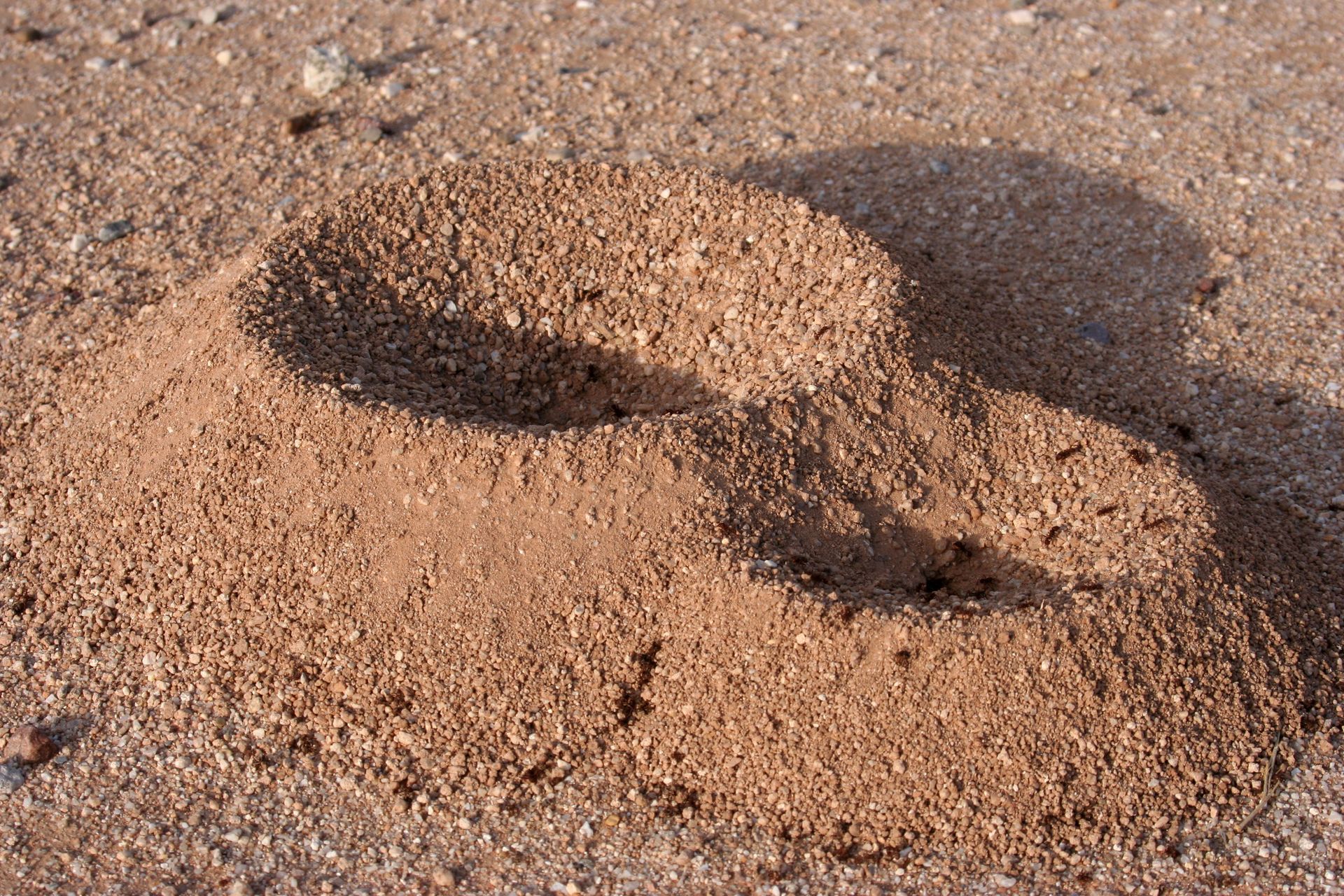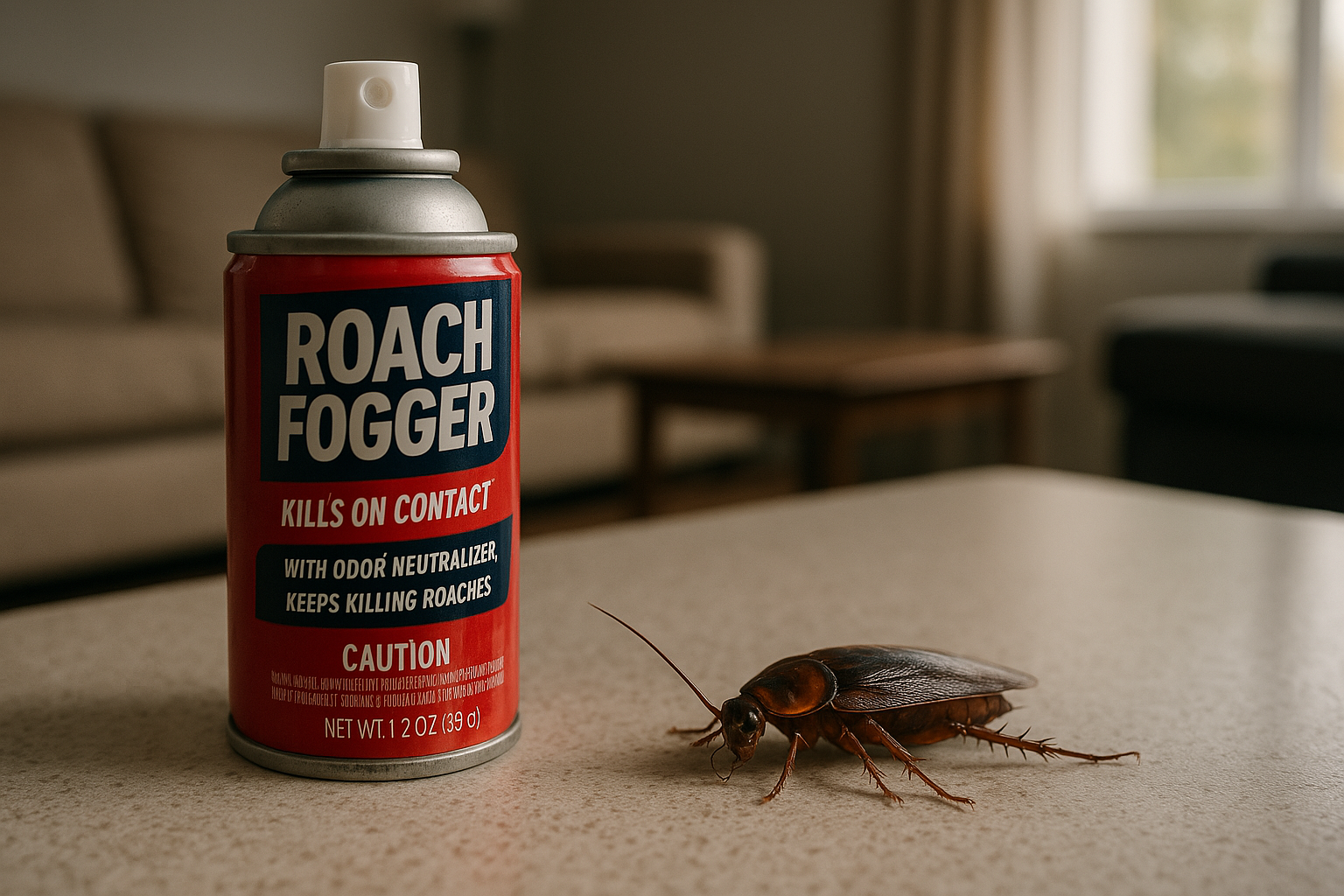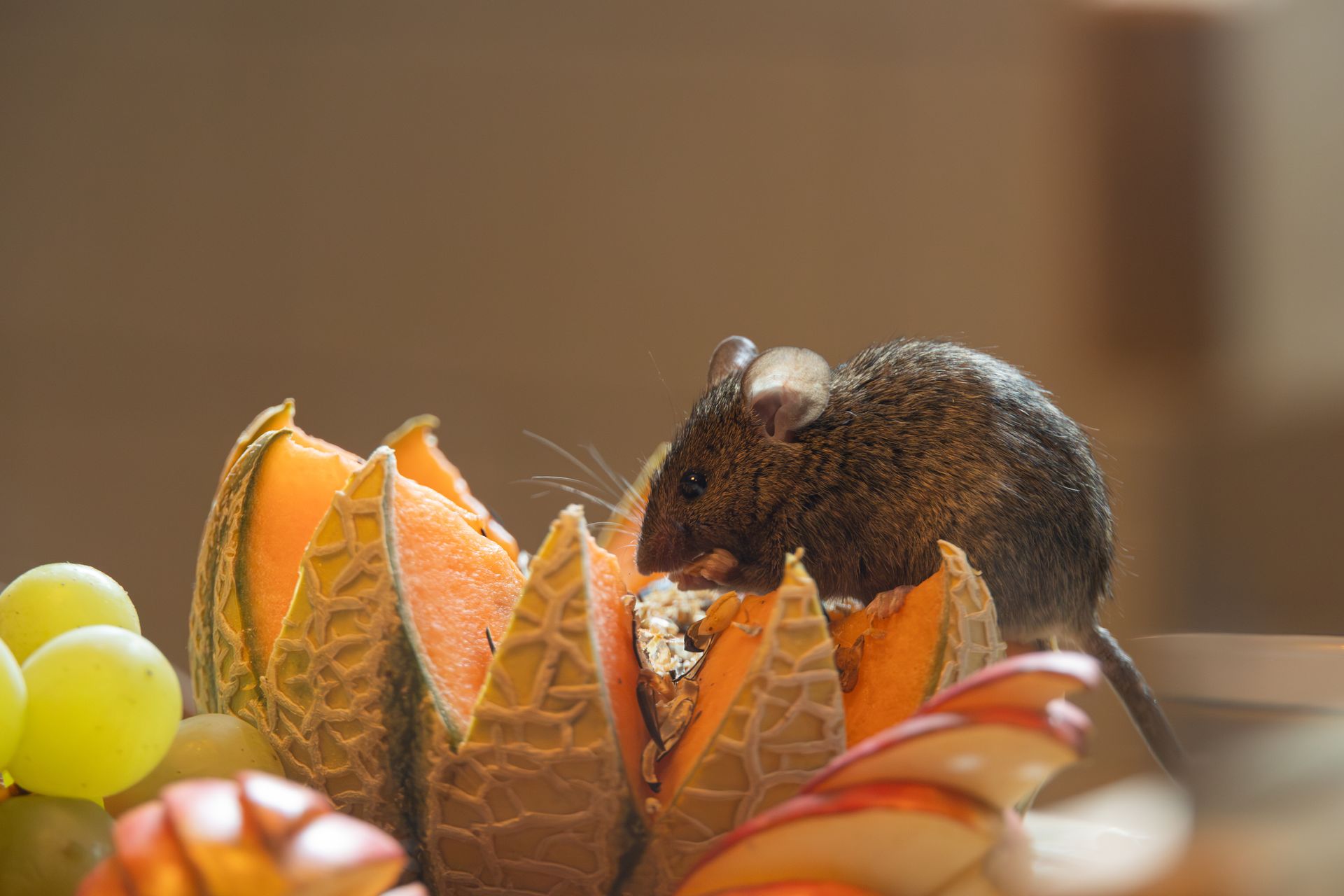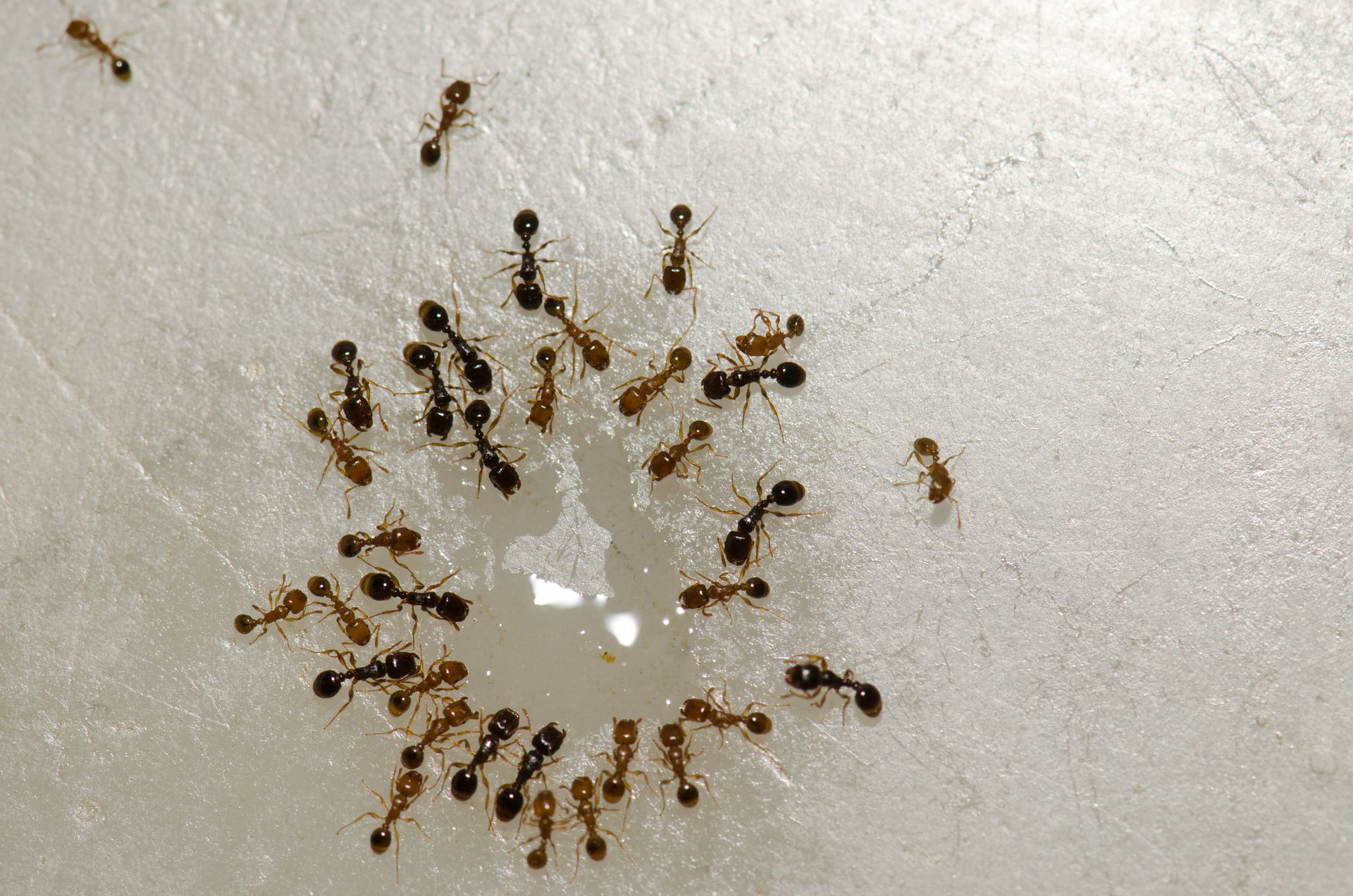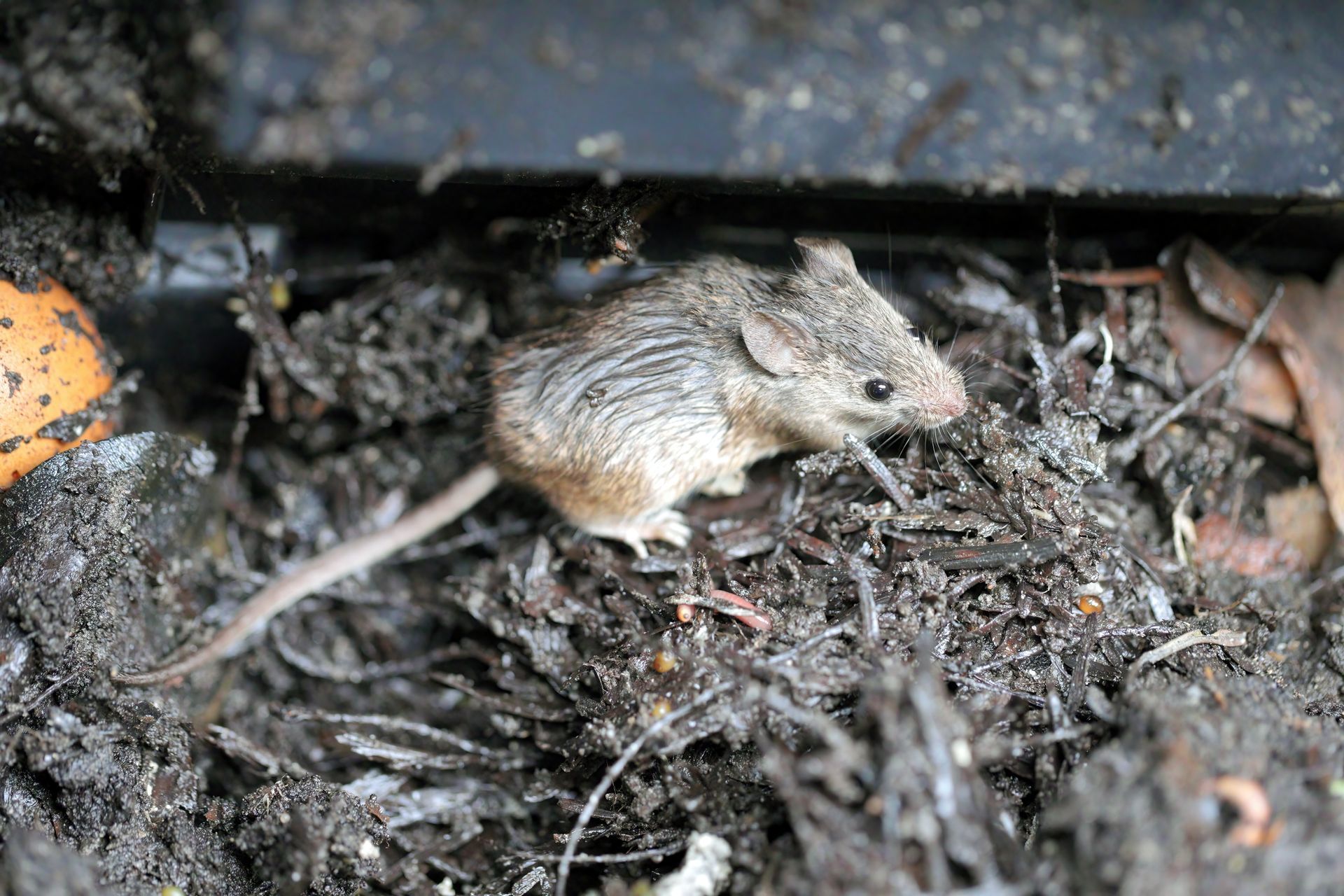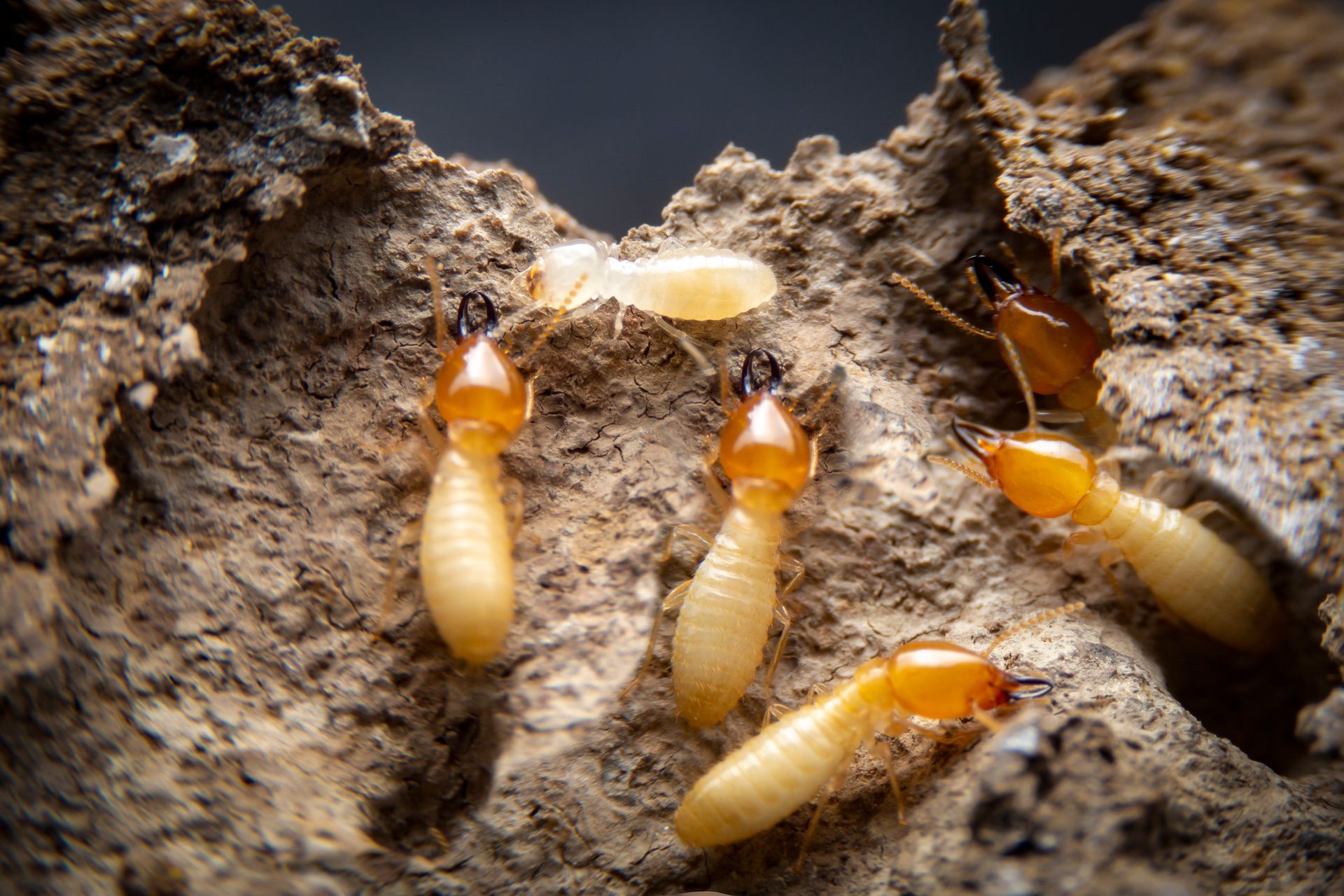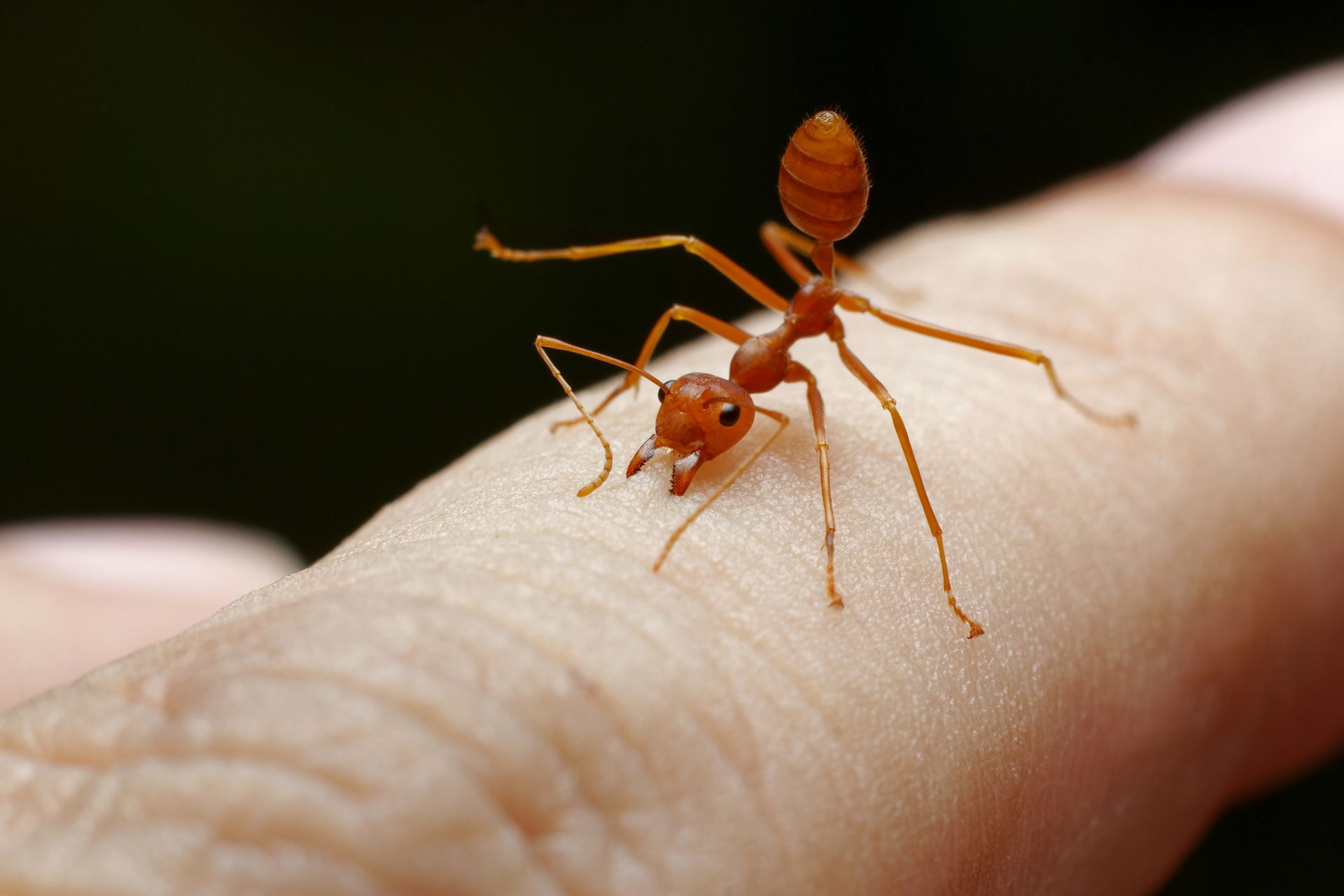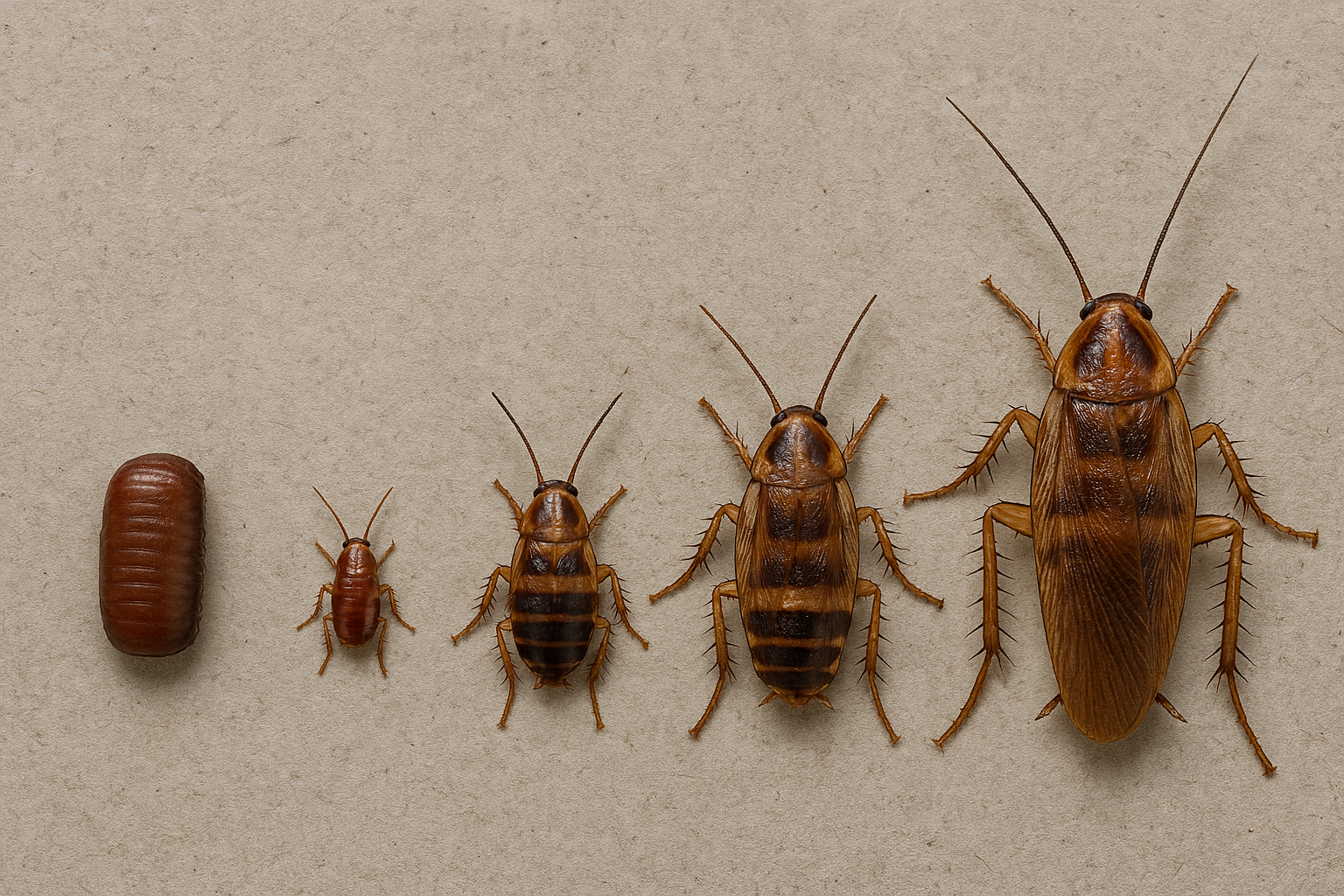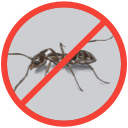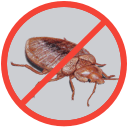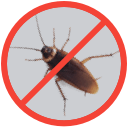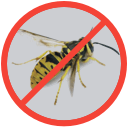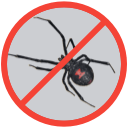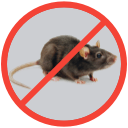What Do Rats Eat? Understanding a Rat’s Diet
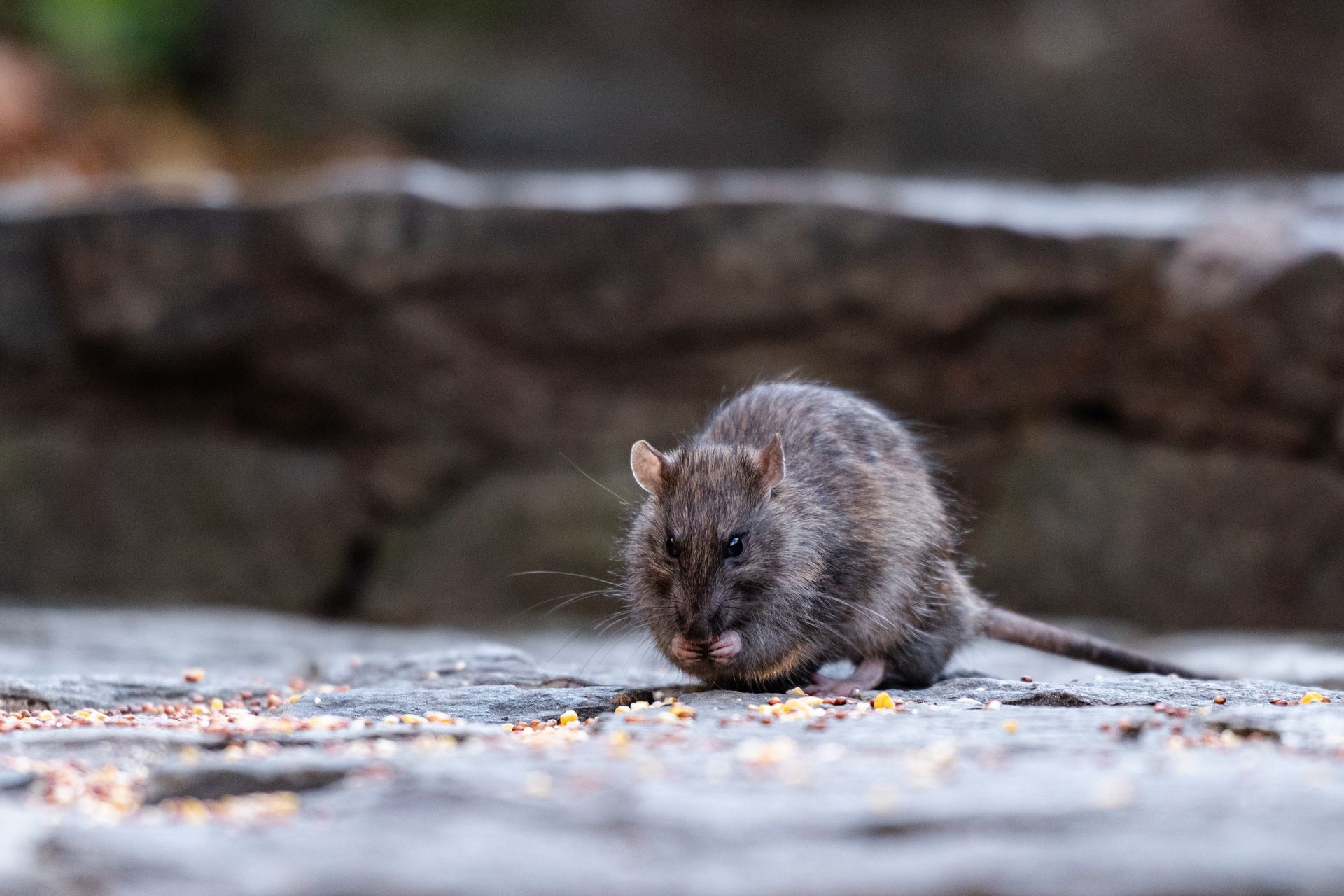
Rats are omnivorous rodents that exhibit a wide range of dietary preferences. Their sharp teeth are always growing and need frequent chewing to manage their growth. In natural environments, rats lean towards a vegetarian diet and predominantly consume fruits, plants, and seeds. Urban rats, on the other hand, have adapted to scavenging and often feast on garbage, meat, pet food, and even human leftovers. To deter these pests, it's important to securely store food and ensure trash bins are tightly sealed. Understanding their dietary habits not only provides insight into their behavior but also aids in devising effective pest control strategies.
What Attracts Rats to Your Yard?
Rats are primarily attracted to yards in search of three essentials: food, water, and shelter. Inspecting your yard can reveal potential attractions for these pests. Shelter can be found in stacks of firewood, brick piles, or accumulated debris. Water sources can come from leaky faucets, storm drains, birdbaths, or even pet bowls. As for food, rats are not picky. They'll eat seeds, grains, garbage, pet food, fallen fruits, nuts, vegetables in gardens, and compost heaps. Urbanization has further adapted rats to thrive in city environments by making them accustomed to scavenging from garbage, pet waste, and fruit trees.
What Attracts Rats into Your Home?
Rats are drawn to homes primarily for food and shelter, especially during colder months when external food sources become scarce, and temperatures become too cold to survive. Rats are omnivorous so they can feast on garbage, dry grains, pet droppings, and fruits from trees or bushes. Within homes, they are generally attracted to cereals, oats, rice, vegetables, and pet food. Unsealed garbage cans and residues of oils or fats on kitchen surfaces and stoves can also be enticing. Beyond food, rats seek out warm, dark, and enclosed spaces for nesting. Common nesting spots include rarely used furniture, storage boxes, and insulations in walls or attics.
How Rats Diets Have Adapted to their Environment
Rats are omnivorous scavengers that have evolved to thrive in diverse habitats with broad and varied diets. While a rat's diet might differ based on its geographical location, certain behaviors remain consistent. One such behavior is their tendency to nibble on unfamiliar foods. This isn't indicative of them being finicky eaters but rather, it's a necessary survival tactic. By consuming a small quantity of a new food source, rats can gauge its safety. If they experience any adverse effects after eating something, they learn to avoid that food in the future. This adaptive behavior likely explains why some rodent control methods may diminish in effectiveness as rats learn to associate certain lures with potential dangers.
What Do Rats Like to Eat?
Rats may be opportunistic in their feeding habits, but they exhibit distinct preferences based on their environment and species. In natural settings, a rat’s diet primarily consists of grains, seeds, nuts, fruits, and occasionally smaller animals or insects. In human-dominated areas, their diet diversifies because they can capitalize on the abundance of available resources. Norway rats have a penchant for protein-rich foods like meat scraps and pet food. Roof rats are also known as 'fruit rats' because they have a preference for fruits. This likely explains their natural inclination to climb trees as that is where they are most likely to find fruits. No matter what the species, rats’ adaptability allows them to find and scavenge food from garbage cans and open food containers. To mitigate rodent infestations, homeowners should minimize accessible food sources and consider consulting a pest control expert.
Do Rats Eat Plants?
Rats in the wild are known to consume a variety of plants, seeds, and grains. Fruits and berries are also particularly appealing to them because they are easy to get, taste sweet, and provide a significant amount of energy. While fruits are preferred, rats will also consume vegetables if they are readily available in gardens. Gardens might also attract rats due to the presence of snails and other insects that rats can get some protein from. To help prevent rats, it's important to keep the outdoor environment clean and fruit trees and vegetable gardens harvested.
Do Rats Eat Meat?
Rats are omnivores that have no problem consuming meat if they can get ahold of some. However, it is not always a primary component of their diet because meat is hard to come by in the wild. Rats are not predators so most of the time they rely on scavenging through the trash. Due to their proximity to human habitats, urban rats typically have a much better chance of feasting on the remnants of meat-based foods like hamburgers or hotdogs. Rats can also resort to eating fresh roadkill or carrion and feeding on insects like worms, snails, and beetles.
Do Rats Eat Nuts and Seeds?
Nuts and seeds are highly favored by rats because of their high protein content. Rats will try and get their protein from any source available but wild rats often find it challenging to access proteins in the form of meat. Instead of hunting prey, rats prefer foraging for fruits, berries, and plants that can offer them essential calories, nutrients, and proteins. When it comes to fulfilling their protein needs, nuts and seeds emerge as their go-to plant-based sources. Seeds are convenient for rats to consume which make them an ideal dietary component for these rodents.
Do Rats Eat Eggs?
Eggs are a protein-rich delicacy that rats are particularly fond of. While the size of an egg might seem disproportionate to a rat, they have no problem consuming these delicacies. It's not uncommon for farmers to observe rats maneuvering chicken eggs towards their dwellings. In the wild, rats might more frequently encounter smaller bird eggs, but their enthusiasm for the meal remains consistent. The nutritional value of eggs is the primary allure for rats. Packed with essential proteins, vitamins, minerals, and calories, eggs offer a comprehensive dietary boost. Procuring an egg is also a low-risk endeavor for rats that require significantly less energy to achieve.
What Foods are Toxic to Rats?
Certain foods can be harmful or toxic to rats and it's essential to be aware of these if you keep rats as pets. Feeding these foods to rats can lead to various health issues that range from mild discomfort to severe complications and even death. Even when attempting to treat rats, these foods should not be used as they could lead to rats dying within walls which can lead to additional complications. The following foods should not be given to rats:
- Blue Cheese
- Licorice
- Poppy Seeds
- Bitter Almonds
- Green Potatoes
- Rhubarb Stems and Leaves
- Fungus on Grains
- Caffeine
- Lemon Peels
- Mango
What Food is Best for Trapping Rats
Selecting the right bait is critical when you’re attempting to trap rats. Rats are drawn to foods rich in nutrients, fat, and protein. Based on their preferences and successful trapping experiences, the following foods have proven to be effective bait:
- Peanut Butter
- Bacon
- Dried Fruit
- Chocolates
It's important to strategically place the bait in a way that's accessible for the rats. Rats often take small bites before fully committing to a food source. Which means that combining these treats with a sticky binder like peanut butter increases the likelihood of triggering a snap trap. It might also help to offer a variety of baits to help identify a rat’s preference. Once determined, that specific bait can be used in rat traps around the house.
When to Call EcoGuard Pest Management to Deal with a Rat Problem
Rats pose serious health risks and can damage your property so if you find yourself facing a rat infestation, reach out to the experts at EcoGuard Pest Management today. We have a proven track record of trapping rats and effectively removing them from your property. Our team combines expertise with eco-friendly solutions to ensure your home or business is rat-free. Contact EcoGuard Pest Management today to schedule an inspection of your property.


